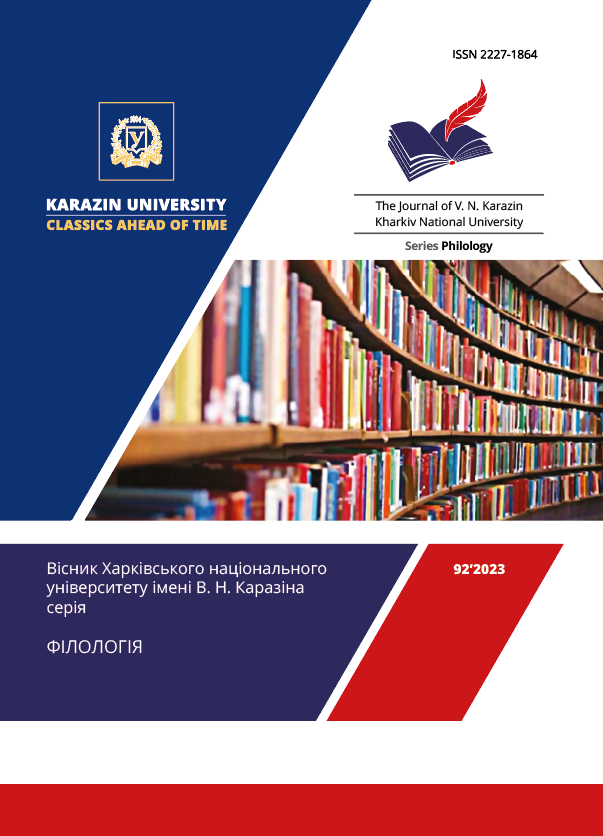Deviant expansion of neoanthroponyms in the speech of social media users
Abstract
The article analyzes modern ways of creating occasional anthroponyms in political media discourse as linguistic triggers of the slang level, aimed at modeling a certain type of perception of reality by the recipient, laid down and provided by the creator-speaking. The cause-and-effect relationships of going beyond the limits of the usus in the derivation of units in the historically conservative layer of anthroponyms are traced. There is a tendency towards active use of actual occasional and exotic word-formation patterns for derivation of derivatives. The orientation of derivational shifts towards the creation of pronounced invective lexemes and phrasemes in the context of the direct dependence of the degree of deviation on the expected communicative effect is stated. The exceptional significance for the described processes of action of structural-semantic analogies and associations with structurally similar lexemes from the normative dictionary is indicated. The processes of actualization of cognitive-affective triggers in recipients due to the connotative variability of non[1]derivatives have been investigated and described. The impossibility of establishing denotations of occasional derivatives in the case of their contextual isolation from a specific speech act is emphasized. Attention is drawn to the multiplicity of combinations of psycholinguistic meanings of derivatives and the blurring of their lexical semantics. The place of occasional derivatives-anthroponyms in modern political media discourse as deliberately used depressurizers of precedent statements is considered. The prospects for the development of the psycholinguistic aspect of occasional derivational processes for various communicative situations and spheres of human activity have been determined for the purpose of a comprehensive and more thorough study and description of the speech manifestation not only of an individual linguistic personality, but also of native speakers in general.
Downloads
References
Diukar K. V. (2012) Innovation units: occasionalisms or potentialisms? The Journal of V. N. Karazin Kharkiv National University. Philological Sciences, 1014, vol. 65, 10–15. [in Ukraine].
Koloiz Zh. V. (2002) On the Differentiation of the Basic Concepts of Neology. Zhytomyr Ivan Franko State University Journal. Philological Sciences, 3, 78–83 [in Ukraine].
Matsiuk H. (2021) Interaction of the Concepts of Language and War as an Object of Linguistic Analysis... Humanities science current issues, vol. 35, T. 7, 101–106 [in Ukraine].
Semotjuk O. (2017) Political media discourse and mediatization of politics as concepts of political communication. Man. Computer. Communication, 144–147 [in Ukraine].
Clyne M. (1980) Triggering and language processing. Canadian Journal of Psychology, 34 [in English].




